When I tell non-divers, I love diving at night, the look on their faces is absolutely priceless. I am usually met with looks of horror and disbelief, which is totally understandable when you are not comfortable with the darkness and being in the water.
There was a time that I was one of them and the thought of scuba diving at night scared the crap out of me. I always imagined some sea monster lurking in the dark. Its tentacles grabbing onto my legs and dragging me into the dark recesses of the ocean. Of course, that hasn’t happened.
After the initial “are you crazy?!” reaction, curiosity sets in.
Why do you night dive? What can you see? Isn’t it dark? Isn’t night diving scary? Is night diving dangerous?
I proceed to share with them why I love diving at night, and convince them that it’s one of the amazing benefits of scuba diving.
If you are one of these people who is curious about what is night diving like, then you’ve come to the right place.
In this post, I will also share with you what diving at night is like. I will answer some of the most frequently asked questions about scuba diving at night. And then, I will also share my personal experiences while night diving.
Night diving Frequently Asked Questions
What is night diving?
Night diving is a type of diving done during the hours of darkness, after sunset and before sunrise. Recreational divers participate in night diving activities to experience a different side of the underwater environment. While scuba diving at night, you can encounter many nocturnal marine animals. These creatures are normally in hiding during the day and it is only during night dives that you get to observe them.
How can you scuba dive at night?
Scuba divers are able to scuba dive at night by using underwater flashlights or torches. Aside from their standard scuba diving gear, their waterproof torches help them to safely dive and see in the darkness. Divers may also carry other scuba accessories like dive tank lights, writing slates, and noisemaker devices to help them communicate better in the darkness.
Why do scuba divers dive at night?
Scuba diving at night is a fun experience because you get to see the ocean under a different light or perspective. Creatures you don’t normally encounter during the day, come out to hunt at night. It’s a completely different world down there and the opportunity to see these nocturnal creatures is absolutely rewarding.
Is scuba diving at night scary?
Scuba diving at night can be a scary experience especially if you are afraid of the dark. But with training and preparation, you can overcome your fears. Once you’ve passed these initial hurdles, night diving can be a rewarding and addicting experience.
What can you see during a night dive?
Night diving give scuba divers opportunities to see creatures that they won’t normally get to observe during the day. Many nocturnal creatures come out to hunt for food. And colors appear more vibrant and true since you are using direct artificial lights to illuminate the reef-scape.
Creatures like squids, cuttlefish, octopus, shrimps, lobsters, crabs, eels, sea urchins, crinoids, and more are more active at night. Bigger fish like manta rays and sharks are also popular attractions for night dives. In fact some dive centers specialize in manta ray night dives.
You can also observe other fishes sleeping in crevices and in between corals. Occasionally you might encounter a sea turtle slumbering in a tiny cavern.
Is scuba diving at night dangerous?
Scuba diving at night is as dangerous as you’d want it to be. While diving in general comes with risks, scuba diving at night can actually be riskier than diving during the day simply because of the darkness. With limited visibility and only your underwater torch lighting your surroundings at night it can definitely create more challenges for any diver. However, with proper training and preparation, you can minimize these risks and safely dive at night.
What are the dangers of night diving?
Similar to day-time diving, you can get into accidents or encounter problems while diving at night. You can experience marine life-related injuries or have equipment malfunctions. You can get into dangerous situations because of human error or poor judgment. And because you have limited vision due to the darkness, it can be more challenging and dangerous for divers. But all these can be avoided or prevented by following standard dive and safety practices.
What dive light should I use for scuba diving at night?
Quality and reliable dive lights are essential to any night diving activity. You want a dive light that will emit a bright light so you can see any hazards while in the dark. Your dive torch should have a long battery life so you can safely dive as well as enter and exit the water. You should also consider getting a dive light with SOS capabilities in case of an emergency situation.
Here are some recommendations for the best dive lights for night diving.
Scuba divers interested in this type of scuba diving can take up a night diving course. If you are an open water diver, you can choose Night Diving as one of The Adventure Diver courses required to complete your PADI Advanced Open Water Diver Course.
PADI also offers a night diver specialty course. While this is not a requirement, the course can equip you with the right skills and knowledge to safely do night dives. You can contact the dive center nearest you to inquire about night diving courses and services.
What night diving is like in the Philippines: video montage of the weird and wonderful sea creatures you can see on a night dive.
What is night diving like: My first night dive experience
I can still remember my first ever night dive. It was 7 years ago while volunteering in Coral Cay Conservation in Leyte. It was a Saturday night and the entire day everyone kept expressing how excited they were to do a night dive.
I was not.
I felt anxious the entire day thinking I had to get in the water in the dark. But I didn’t say anything as I didn’t want to kill the mood.
After dinner, we were told to get ready. After suiting up, we did our dive briefing. We discussed the dive plan and reviewed our modified hand signals. Since we were diving with underwater flashlights, also known as torches, we had to modify how we communicated underwater.
Everyone was also given water-activated scuba tank lights to make it easier to spot everyone underwater. This comforted me.
Claire, who was our Field Base Manager and also a scuba instructor, assigned herself to be my dive buddy. I was so thankful for this as it made me feel a bit more confident about getting in the water.
After doing our buddy checks, with me triple checking our hand-held underwater torches for good measures, we headed out to the house reef. With our torches lit up, our group of 4, slowly walked into the ocean.
This is it! It was time for my first night dive!
The tide was low so we had to take extra caution not to fall on the slippery rocks onshore. The water was practically flat so we easily reached waters deep enough to submerge. And by deep, I mean 2-3 meters.
When we finally got to a good spot to descend, Claire announced that at one point in the dive we will switch off our torches. She wanted to show me the sea sparks, also known as bioluminescent creatures in the water. The tiny organisms can only be observed in complete darkness.
I didn’t have time to think and contemplate this. And to be honest, at that point, my curiosity had overcome my fears. When everyone was ready, our group of 4 made our way down.
I could see beams of light going every which way. And the faint green flicker of the tank lights looked like fireflies in the night. There was something so serene about the moment that I completely forgot why I was afraid of night diving in the first place.
Until of course I encountered my first cuttlefish.
I had never seen one before and I wasn’t exactly sure what I was looking at. It looked like something that came out of an alien movie. And it honestly freaked me out.
It crossed my path and swam closer to me as if to welcome me into his world. At that moment, I actually learned how to fin backward as I instinctively moved away from the strange creature. I felt myself panicking as it edged towards me.
But as it made its way closer, I also noticed its skin changing colors in different shades of blues and purples. I felt scared and mesmerized at the same time. The cuttlefish reminded me of a tiny spaceship exploring some dark abyss.
Suddenly it dawned on me that this weird-looking thing was just the size of my hand and it was probably more afraid of me than I of him. And with that realization, I continued on with my dive.
Like thieves in the night, we checked every nook and cranny. In the crevices, the daytime fishes slept peacefully, while a whole new world was buzzing anew. I had explored this dive site multiple times a day that week, but at night it still looked completely different. It was familiar but it also wasn’t.
For the first time ever I saw hundreds of shrimps peering back at me. Their eyes glowing as the light was cast upon them. This thrilled me because during the day I had difficulty spotting these critters.
The crabs were out hunting but scuttled as they tried to hide from me. Interestingly, there were significantly more black spined urchins and pencil urchins covering the reef. The corals looked different too. In the dark, the ocean’s true colors appeared more vibrantly as I shone the spotlight on them.
It was an absolutely thrilling experience seeing all the wonderful creatures I’ve never seen in the light of day. The reef at night was completely transformed.
Halfway through the dive, Claire asks us to go closer and signals us to turn off our torches. This was it. An ultimate test if you were afraid of scuba diving in the dark.
One by one we turned off our lights and it was complete darkness. Pitch black.
I suddenly became more aware of my other senses. I strained to see where everyone was but all I could hear was the sound of our bubbles. Oh, what a comfort it was to hear those sounds.
We were told earlier that to see the bioluminescence we should wave our hands in the water. Bioluminescence is basically the ability of organisms to produce and emit light. By disrupting the water, a reaction occurs within the bioluminescent organism causing them to glow.
So I reached out and started waving my hands every which way. For the first time ever, I saw tiny sea sparks light up in front of me. It was magical.
I noticed that the more I moved, the more the pixie dust-like glow appeared. And so in the dark I twirled, waved my arms and legs every which way, causing more tiny organisms to spark. In no time, I was giggling like a little girl in the middle of a fairy dust shower. I completely forgot why scuba diving at night scared me.
Soon after, Claire turned on her torch, making the sea sparks disappear. We continued on with our dive hitting a maximum of 13 meters at one point.
And then before I knew it, Claire signaled for us to do our safety stop. I couldn’t believe how fast time flew. 45 minutes earlier I was so nervous about the night dive but now I wanted to stay longer. Maybe forever? Or at least until sunrise.
We slowly exited the water, with everyone’s spirits high, exchanging stories of cool things we saw during our night dive. I can’t explain it but there was something different about the air that night.
It was an absolutely extraordinary experience for me and I knew that any chance I got, I would do a night dive again in a heartbeat.
Night diving experience in Fiji: You can also do a UV light night dive!
Night diving bad experiences you can learn from
I am not gonna lie to you. While my first night diving experience went according to plan, I’ve had a few night dives that had some bad moments. I am sharing these stories not to discourage you but rather to make you aware of the possible risks of scuba diving at night.
I have done more than 20-night dives and not everything was as perfect as my first night dive. But each succeeding one is just as unforgettable as the first. Most have been memorable because they were awesome and others were just as memorable because of how unpleasant they were.
So here are some night dives that weren’t so great for me.
Night dive horror story 1
While night diving in Malapascua, I accidentally dropped a weight from my BCD pocket which caused me to rapidly ascend during the safety stop.
Earlier that day, the DM had placed an extra weight in my BCD pocket because I couldn’t descend properly. I had forgotten about it and had spectacular day dives.
Fast forward to the end of the night dive, I noticed myself floating upward. My BCD was completely deflated and I still couldn’t figure out why all of a sudden I was so buoyant. Wanting to complete my safety stop, I started finning downwards to counter my ascend. It was very exhausting but I did it.
At the boat, I expressed my concern and wondered why that happened to me. Our divemaster (DM) figured out that the weights he had stored in my pocket earlier must have fallen out.
Had I remembered to secure the additional weight on my dive belt prior to getting in the water, I could have prevented such an ordeal.
Night dive horror story 2
Another stressful night diving moment was when I almost lost my dive group while scuba diving in Tulamben in Indonesia. I was with my usual dive buddy Jem and we decided to spend the entire day diving the Liberty wreck and then do a night dive to complete our adventure. The wreck was extremely huge and it was an easy dive with lots of space. We had done 2 dives earlier that day so it was a bit familiar already.
However, what I didn’t expect was the number of people that were going to do a night dive as well. It was so much harder to identify people underwater when all you have is a torch to illuminate the space. It was also my first time to go on a night dive with so many dive groups in the water and it was something that I had not anticipated.
There were so many instances where there was underwater traffic and we’d cross paths with other divers. It was a very stressful situation for me as one could easily get lost and join a dive group in the shuffle. At one point I did end up losing sight of my buddy and dive guide but thankfully we did manage to find each other again.
Night dive horror story 3
Another scary night dive experience for me was diving with an inexperienced diver. While diving the Great Barrier Reef, I was buddied up with my friend Sushee who’s only had a handful of dives at that time. It was her first time doing a night dive during that trip.
The dives were also self-guided so it was just me and her with no guides to help us. Since I was the more experienced diver, she became very dependent on me. In turn, I felt responsible for her.
During the dive as I was looking at a lobster, she ended up joining another group. Upon realizing that she was nowhere near me, I spotted her and immediately swam after them. I literally had to pull her away from them.
In the process, we slowly descended to 20 meters without realizing it. She was only certified to 18 meters. I spent most of the dive worrying about her and feeling liable for her that I did not enjoy the rest of the dive.
Night dive horror story 4
While night diving in Romblon, our dive guide decided to bring us to a dive site that she liked. She warned us that there might be a slight current in the water but nothing we couldn’t handle. The local boatmen who knew how to read currents from the surface confirmed that there was indeed a current in the area.
She decided to take us down anyway. As we were not familiar with the area, we trusted her call.
The first ten minutes were fine but then the current started picking up. We spent the next 15 minutes practically fighting currents until she decided to just abort the dive. It was the shortest night dive I’ve had and was very disappointed.
As the guide, she should have known better and simply chose a dive site that was calmer at night. In hindsight, we should have also questioned why she wanted to go to that dive spot in the first place. We could have requested a different dive spot as well but we didn’t.
Love learning from my bad dive experiences? Read my article on The Worst Divemasters I Have Ever Encountered.
Pin this for later!
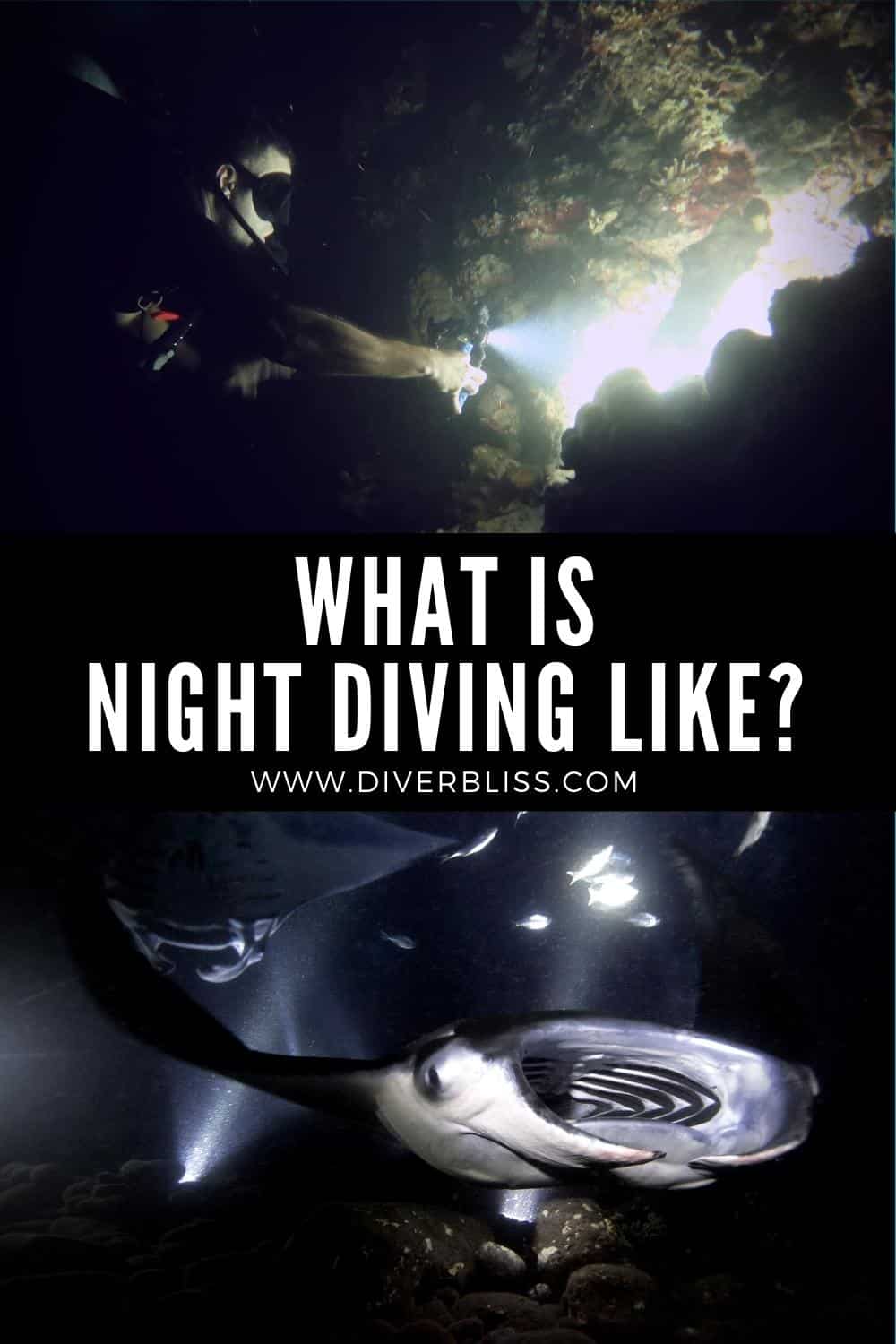
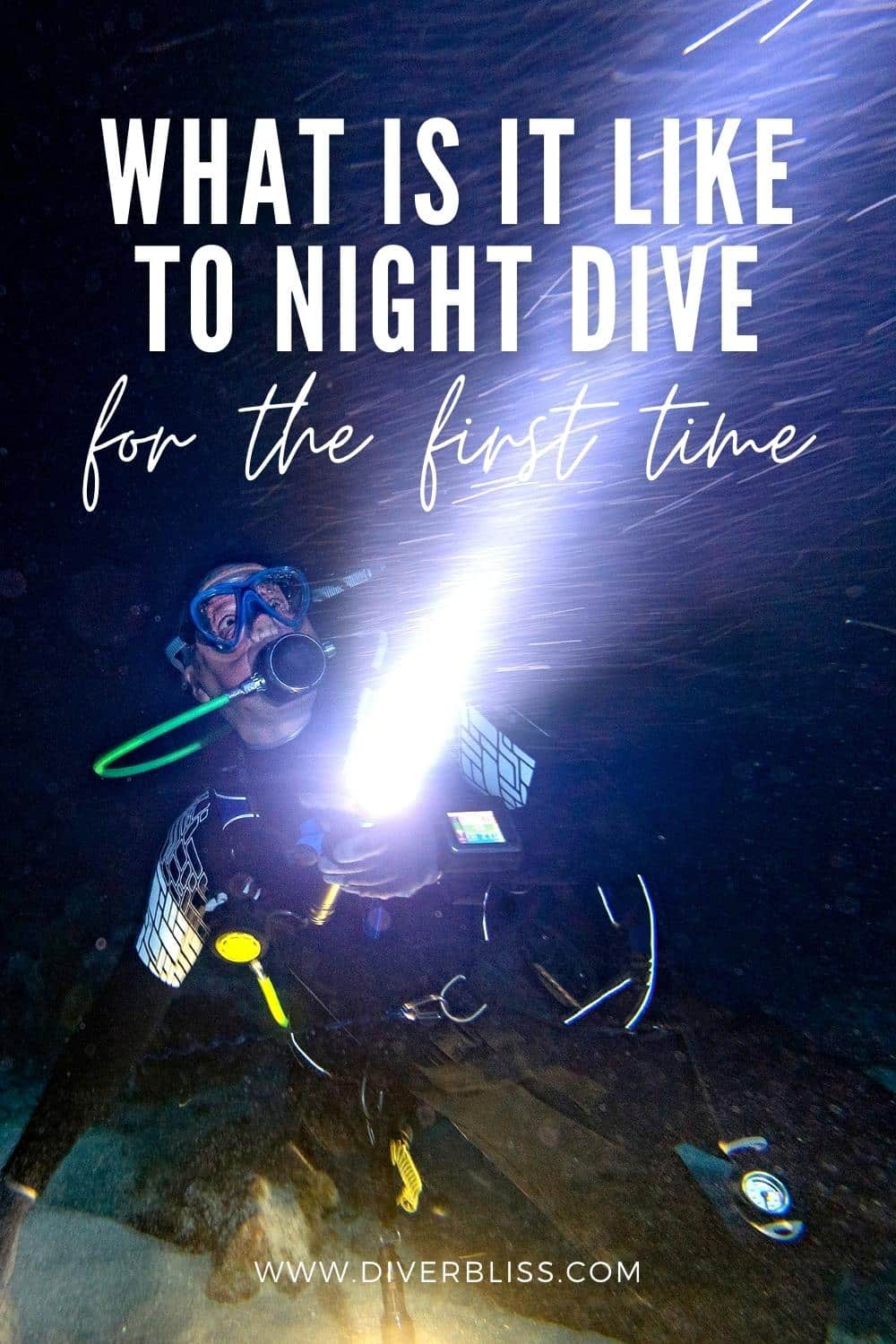
In reality, the night dives were actually great except for these minor incidents. But they were incidents nonetheless, and many of which could have been easily prevented. These bad experiences were uncomfortable but they were teachable moments and have made me into a better diver.
If you love to learn more about overcoming your fears for night diving, I wrote an entire post about it. Read my article where I share some of my night diving tips for first-timers or anyone who is anxious about night diving.
I hope that these stories have inspired you to try night diving. Remember that in scuba diving, there will always be good dives and bad dives. And when it comes to diving at night, the good usually outweighs the bad.
Would you go on a night dive? What scares you the most about night diving? Leave a comment below!
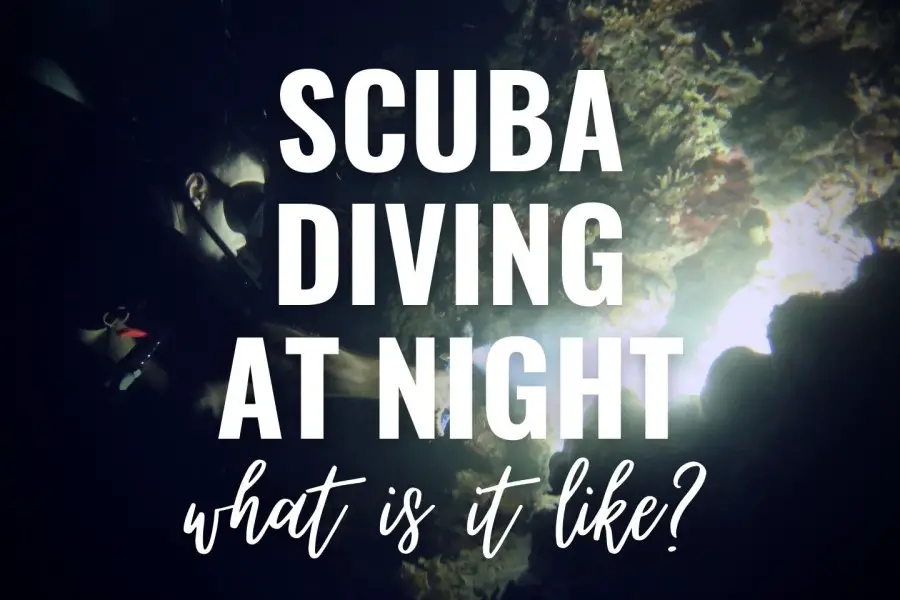
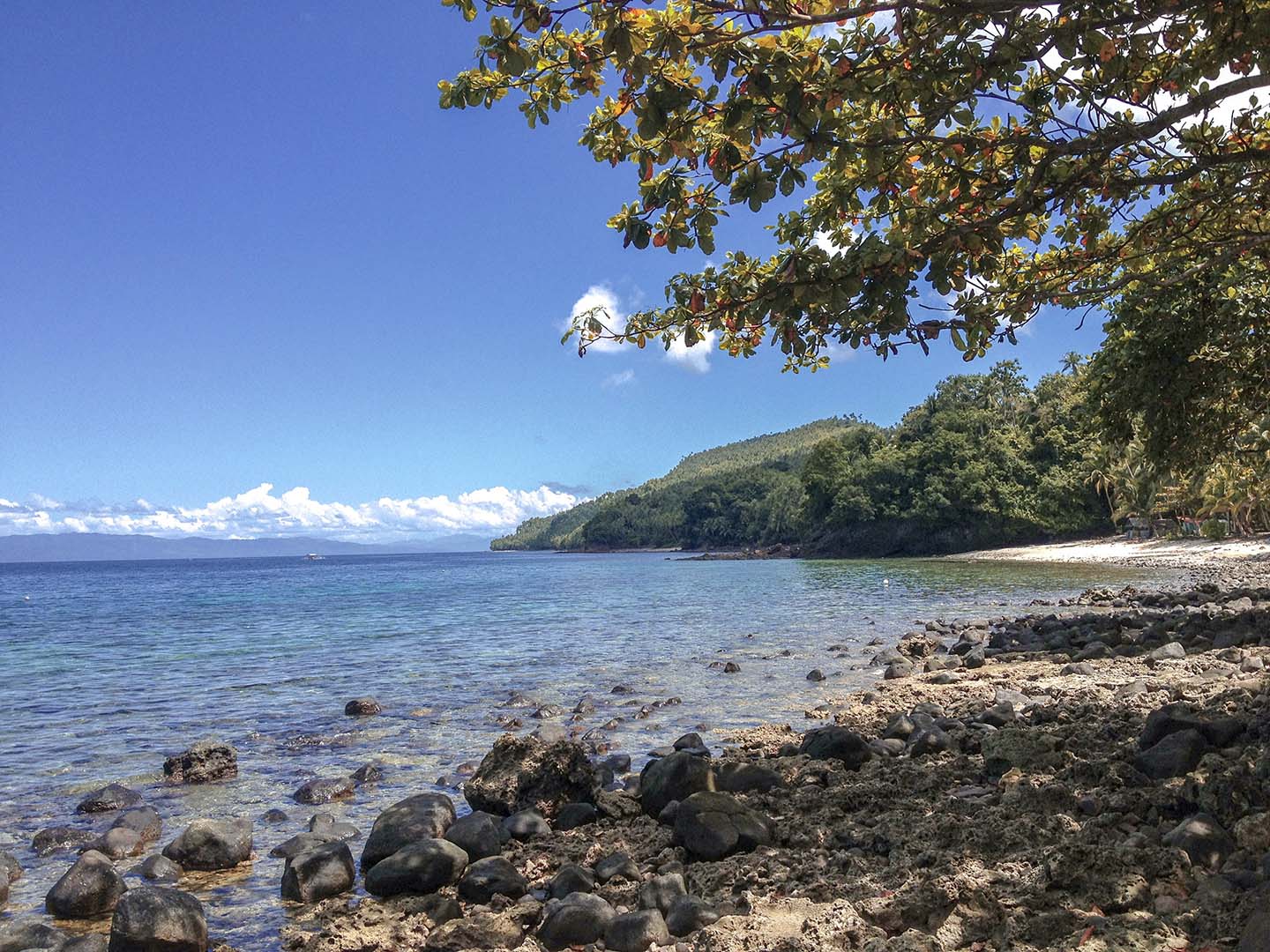
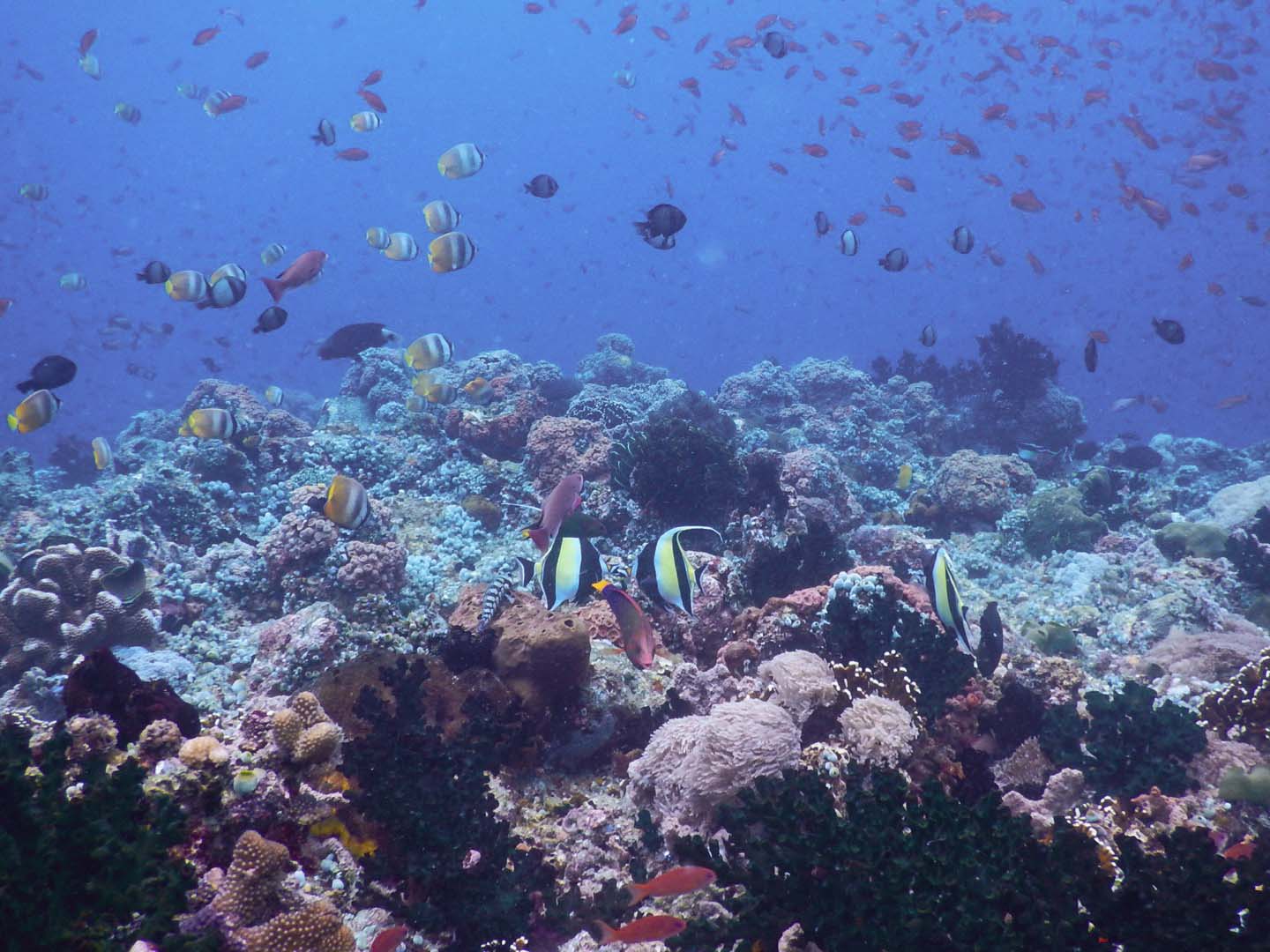
As a guy, of course, I’m not afraid :), I completed 2 dives in fresh water and the same number in the sea. I love beautiful sunlit corals and colorful coral fish. During the night dive in the sea, I was not so afraid of marine life, but the idea of being alone without light somewhere in the black darkness of the sea … I have not been in the water at night since then.
Thank you for sharing! I sometimes still get anxious about night dives because of the pitch-black darkness! Shallow shore dives has helped me a lot to overcome this. You should check my post on night diving tips- https://www.diverbliss.com/night-diving-tips/ maybe it will help you for your next night dive 🙂